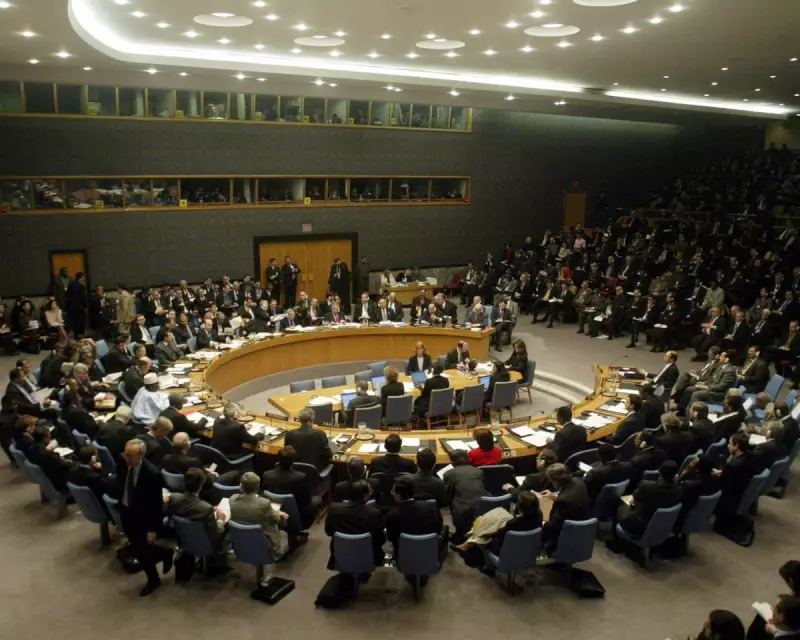
In a world increasingly divided by politics, religion, and cultural values, the notion of a global moral consensus appears more like a utopian dream than an achievable reality. A recent analysis argues that despite efforts to unify ethical standards, deep-rooted differences make universal agreement improbable.
Why a Shared Moral Framework Remains Elusive
Experts point to several key factors preventing a unified moral stance:
- Cultural Relativism: Different societies prioritise distinct values, making compromise difficult.
- Political Polarisation: Rising nationalism and ideological conflicts hinder cooperation.
- Religious Diversity: Varying faith traditions uphold competing ethical systems.
The Role of International Institutions
While organisations like the UN strive to establish common principles, their influence remains limited. Critics argue that such bodies often reflect Western perspectives rather than genuine global consensus.
What This Means for Global Cooperation
Without shared moral foundations, international collaboration on issues like climate change and human rights faces significant challenges. Some scholars suggest focusing on practical agreements rather than ideological alignment.






